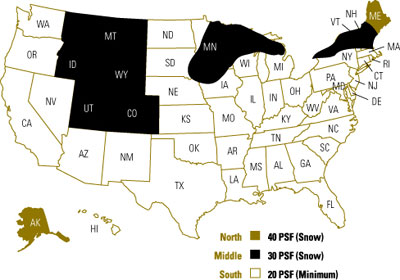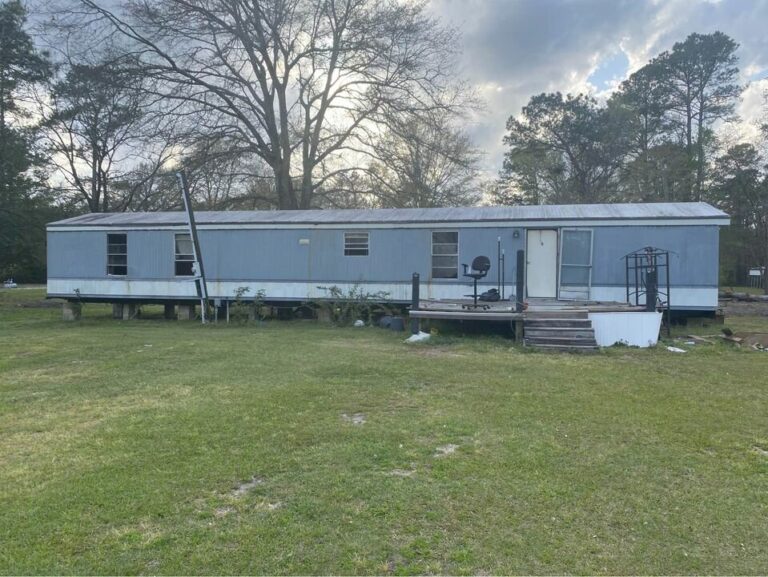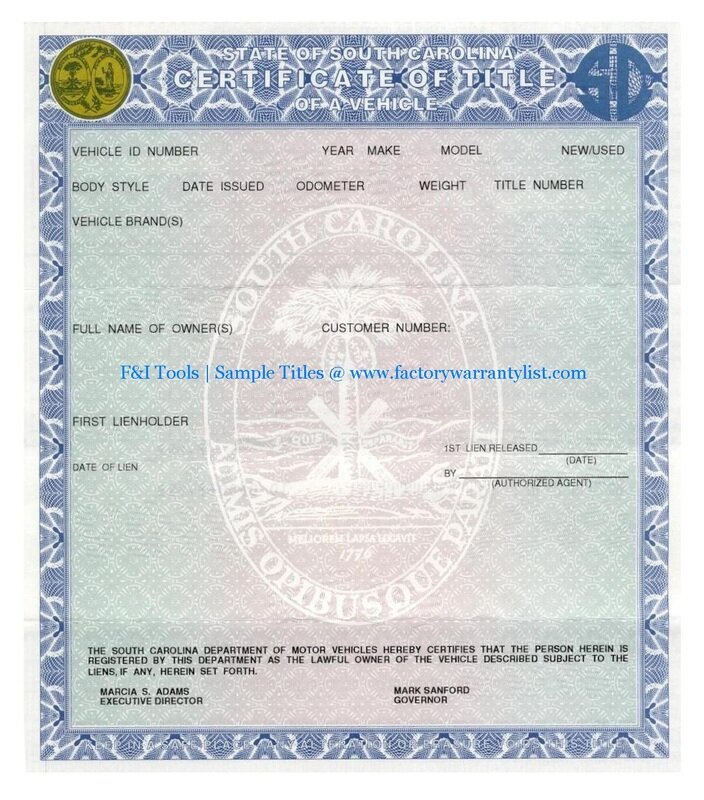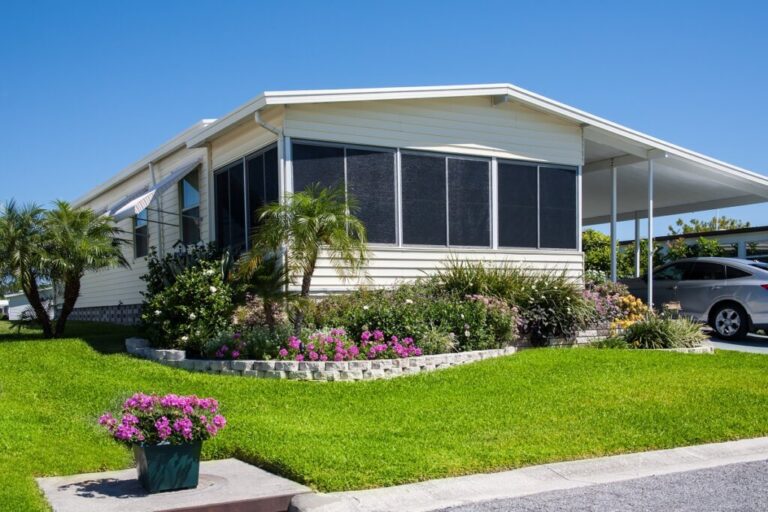As the summer heat waves roll in, many of us turn to our air conditioning units to keep us cool and comfy. But if you live in a mobile home, you might’ve noticed some key changes in your AC system compared to a standard home.
Knowing these differences can help make ideal decisions for your home’s AC system, regardless of mobile or standard home.

Size
AC units come in different shapes and sizes depending on your needs. Mobile homes usually have smaller AC units than standard homes as their small coverage area. Standard homes usually have more space to cool down. So, a larger unit is needed.
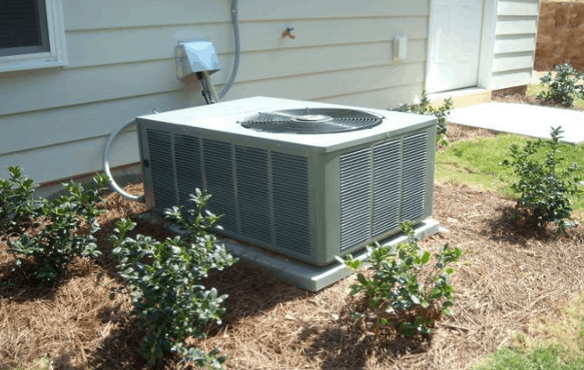
It means mobile home AC units might not cool the entire home as effectively like a typical AC unit. In the mobile AC unit’s defense, mobile homes are often located in hot, dry climates, which puts additional load on the AC unit.
AC Systems
While mobile homes have window / portable AC units, standard homes often boast central AC systems (Connected outdoor and indoor units). Central system isn’t practical for mobile homes due to energy concern, limited space, and design issues.

Instead, mobile homes often use window / mini-split systems. But what are these?
Window Units: Self-contained units installed in a window or through a hole in the wall
Mini-Split Systems: Outdoor units and indoor units connected by a small refrigerant line
Both are more compact compared to a central AC system. Window and portable AC units are cost-efficient and easier to install. But they might not be as efficient or effective at cooling the entire home as a central AC system. (Naturally)
Maintenance
Mobile homes might need frequent maintenance and repairs due to their air conditioning units’ smaller size and portability. But standard homes require fewer repairs and maintenance due to their larger size and the permanent nature of their central air conditioning systems. The bigger and more complex your unit is, the less you need to worry about frequent maintenance.
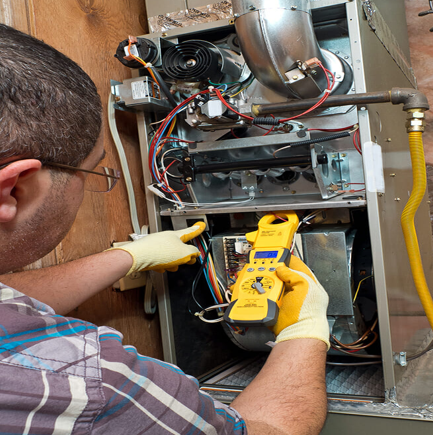
Pro tip: Proper maintenance can help extend the lifespan of your AC unit and improve its efficiency. Saving your hard-earned money on energy costs in the long run. This includes changing the air filter, cleaning the AC unit, and having a professional check for issues at least twice a year.
Efficiency
Also consider the efficiency of the AC unit. Regarding energy efficiency, standard homes have the upper hand over mobile homes due to their larger size and ability to use central AC systems. It’s efficient at cooling larger spaces and is controlled with a thermostat, allowing homeowners to set the desired temperature and turn off the AC when not needed.
Mobile homes often have less insulation than standard homes. Meaning they need a more powerful AC unit to keep cool. They also rely on portable/window units, which aren’t energy efficient and lack thermostats for temperature control.

Finding a balance between power and efficiency to save on energy costs is important. For example; Standard homes have more insulation, allowing for a smaller AC unit to be used and effectively cool the space. So using this same principle, you can properly insulate your mobile to home to achieve maximum efficiency.
In Conclusion
It’s apparent that. AC is different across Mobile and Standard homes. Homeowners should consider these factors when picking an air conditioning system for their household.
While it might be tricky to find the right AC system for your mobile home, there are many options available to help keep you cool and comfortable during the hot summer months.
Hope this post helped!

